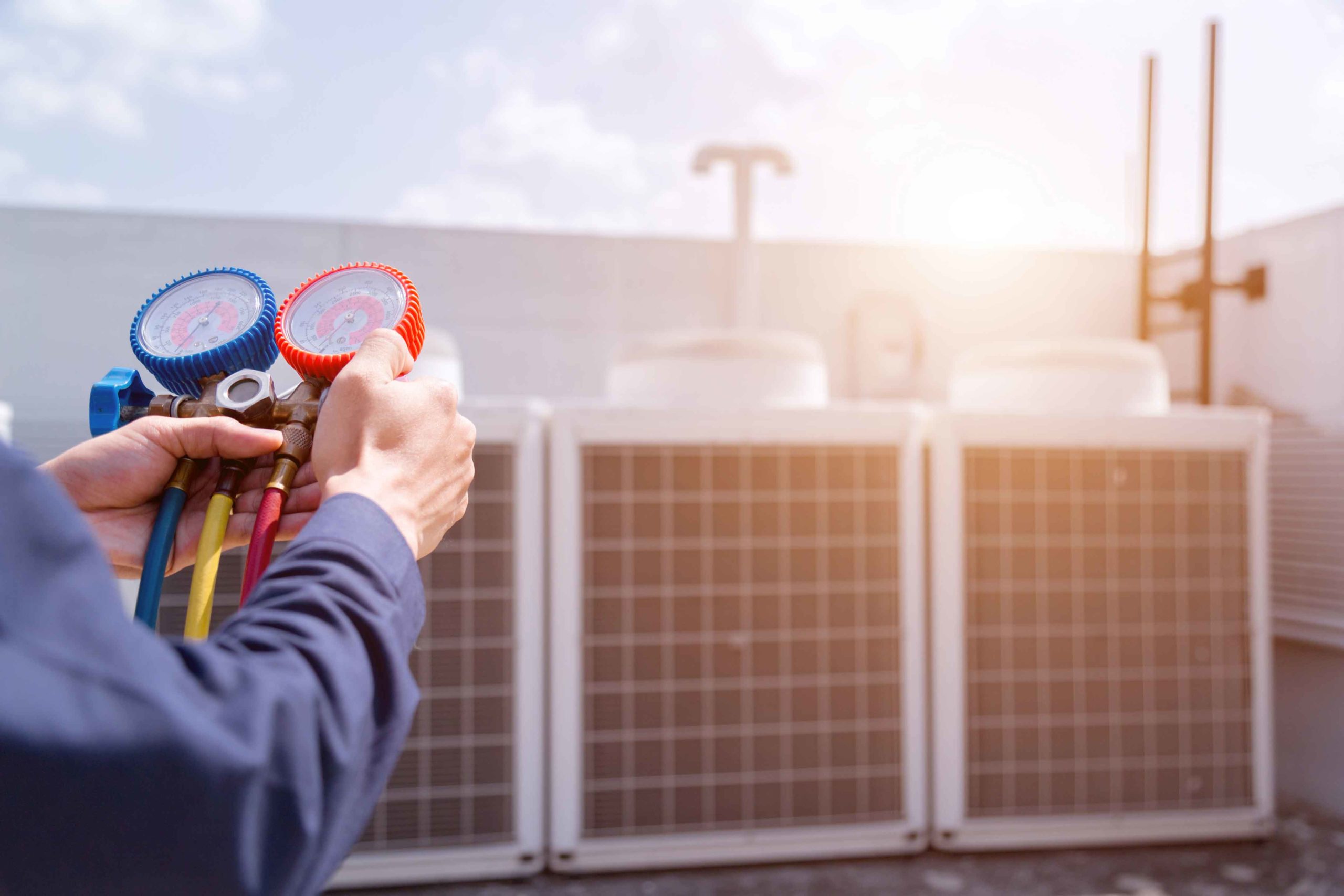If you are a building owner and you do not have a proper strategy in place for maintenance and servicing HVAC systems, you might actually be setting yourself up for a lot of expenses. You might lose money in forms of lower rent, and ultimately in replacement of your HVAC systems before their time. Fortunately, with this guide for best practices for commercial HVAC system maintenance, you can now be a step ahead of your competitors with the way you address this situation for your buildings.
Planning the budget
If you are just going to be repairing your HVAC systems over the many years of use, you need to start out strong with a more efficient system in place so the operating costs are reduced every year. A higher efficiency HVAC system will cost more for instance, if you need a 400-tonne capacity unit for your building and you are going for a brand that offers consistent heating and cooling without calculating the role played by the outside air is being recirculated within the building. As such if you would rather go for a brand that is higher in price bracket but uses the technology to incorporate outside air for the cooling and heating thus reducing the need for the tonnage to about 300 tons, you can actually save on the operating costs over the years.
Measuring and validating energy consumption
The first rule for any technology is to keep a tight tab on energy consumption over years of use. The energy consumption not only costs you money but can also start increasing with the failing HVAC system. This a marked increase in the energy costs for the same HVAC system over a quarter can be a symptom of leaks or cracks within the pipes or boilers of the system. It can also become dangerous if neglected, so make sure to schedule complete monitoring of the system immediately on noticing any such issues in your energy consumption validations.
Monitoring for use and maintenance
Make sure to use a timer system to allow for your HVAC system to be put at a pause when it is not being used during the non-peak timelines of the year. For instance, if it is a vacation rental, you might take the time for your off-peak seasons to put your HVAC system through the maintenance and pause its use. Make sure to schedule regular inspection of the system before you open your rental building for people every year. Apart from the HVAC system, your maintenance monitoring should also look for leaky windows, air vents or cracked window frames within the buildings which might also be resulting in significant exposure of the ducts and inside air thus increasing the energy consumption.
Always hire professional electrical construction solutions when you need to monitor, replace or repair the various aspects of your commercial HVAC systems. These professionals are trained and experienced in such situations. They also have the proper tools and resources to handle the systems at a commercial level, thereby reducing the chances of missteps during the repair work or chance of accidents on the project.


HVAC maintenance is essential to prevent the need for major repairs or entire replacements, which can be very expensive. A well-maintained HVAC is likely to have less serious problems, meaning less hassle and unnecessary costs. But professionals can help you to save money. Thanks for sharing your tips with us.
http://rivercityheatingair.com/